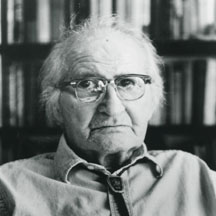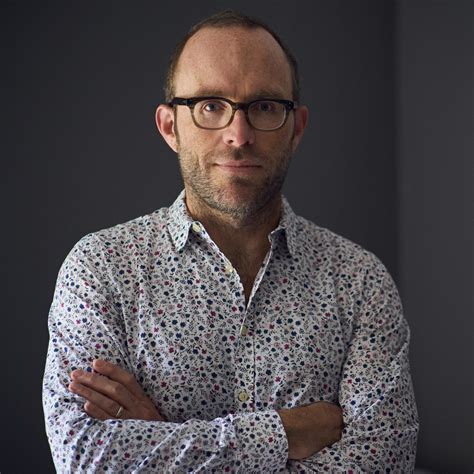A Quote by John Cheever
A collection of short stories is generally thought to be a horrendous clinker; an enforced courtesy for the elderly writer who wants to display the trophies of his youth, along with his trout flies.
Related Quotes
Detach the writer from the milieu where he has experienced his greatest sense of belonging, and you have created a discontinuity within his personality, a short circuit in his identity. The result is his originality, his creativity comes to an end. He becomes the one-book novelist or the one-trilogy writer.
I started writing the book without realizing I was writing a book. That sounds stupid, but it's true. I'd been trying and failing to make a different manuscript work, and I thought I was just taking a break by writing some short stories. I'm not a very good short story writer - the amazing compression that is required for short stories doesn't come easily to me. But anyway, I thought I'd try to write some short stories. And a structure took shape - I stumbled upon it.
If Murakami's novels are grand enigmas, his stories are bite-sized conundrums. (...) The great pleasure of the new story collection, Blind Willow, Sleeping Woman, is watching Murakami come at his obsessions from so many different angles. There's a panoply of strangeness between these covers (.....) This collection shows Murakami at his dynamic, organic best. As a chronicler of contemporary alienation, a writer for the Radiohead age, he shows how taut and thin our routines have become, how ill-equipped we are to contend with the forces that threaten to disrupt us.
All the charm of the angler's life would be lost but for these hours of thought and memory. All along the brook, all day on lake or river, while he takes his sport, he thinks. All the long evenings in camp, or cottage, or inn, he tells stories of his own life, hears stories of his friend's lives, and if alone calls up the magic of memory.
I like to write short stories more because I never met a writer who wasn't lazy. And a short story is, by its very definition, short. It is something that generally you can turn out in a week to two weeks depending on how well it goes for you. But, at the same time, it gives the same satisfaction of creating a complete world.
In youth it is the outward aspect of things that most engages us; while in age, thought or reflection is the predominating qualityof the mind. Hence, youth is the time for poetry, and age is more inclined to philosophy. In practical affairs it is the same: a man shapes his resolutions in youth more by the impression that the outward world makes upon him; whereas, when he is old, it is thought that determines his actions.
The pile of guts was a black blob of flies that buzzed like a saw. After a while these flies found Simon. Gorged, they alighted by his runnels of sweat and drank. They tickled under his nostrils and played leapfrog on his thighs. They were black and iridescent green and without number; and in front of Simon, the Lord of the Flies hung on his stick and grinned. At last Simon gave up and looked back; saw the white teeth and dim eyes, the blood—and his gaze was held by that ancient, inescapable recognition.
When the Spirit of God comes into us, He wants to be Himself in us. He wants His energy to be poured through us. He wants His wisdom to be deposited in our hearts. He wants His instinct and nature to be evident and obvious in you.He wants us to see what He is looking at, to feel what He feels, to know what He knows, to work with His projects, see life the way He sees it, get His ideas and know His opinion about yourself and others.
The writer walks out of his workroom in a daze. He wants a drink. He needs it. It happens to be a fact that nearly every writer of fiction in the world drinks more whisky than is good for him. He does it to give himself faith hope and courage. A person is a fool to become a writer. His only compensation is absolute freedom. He has no master except his own soul and that I am sure is why he does it.
I thought of Chatterton, the marvellous boy, The sleepless soul that perished in his pride; Of him who walked in glory and in joy, Following his plough, along the mountain-side. By our own spirits we are deified; We Poets in our youth begin in gladness, But thereof come in the end despondency and madness.






































